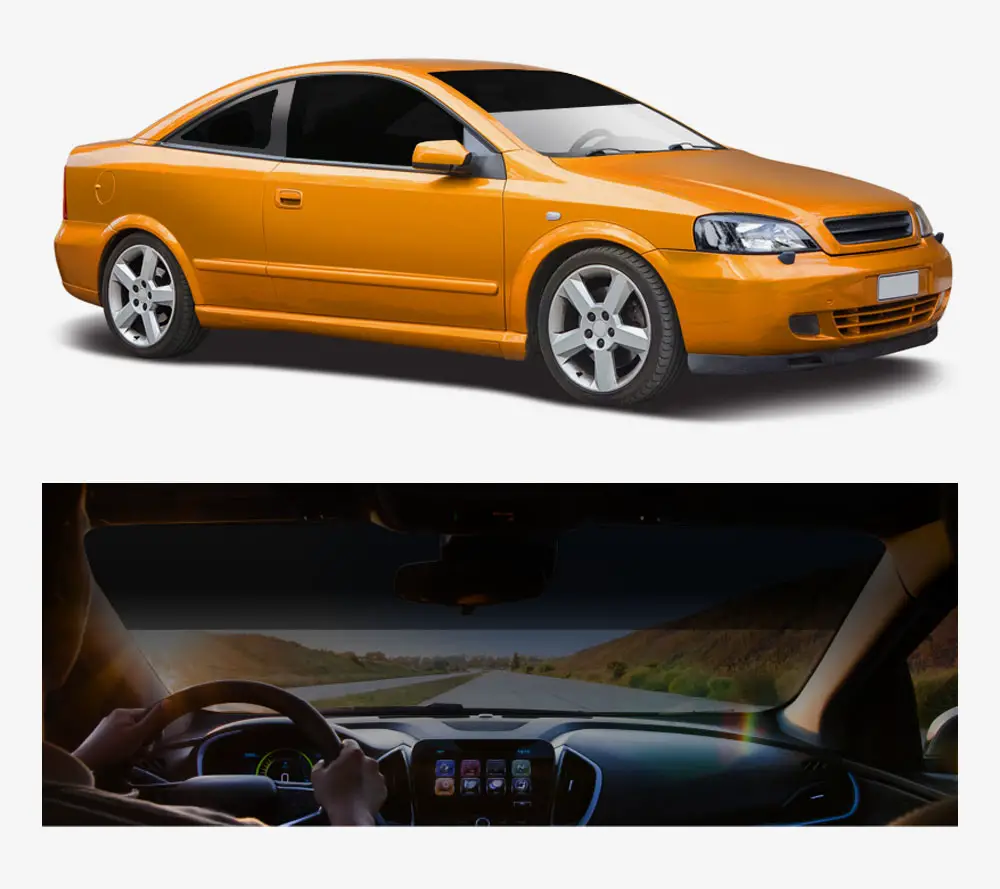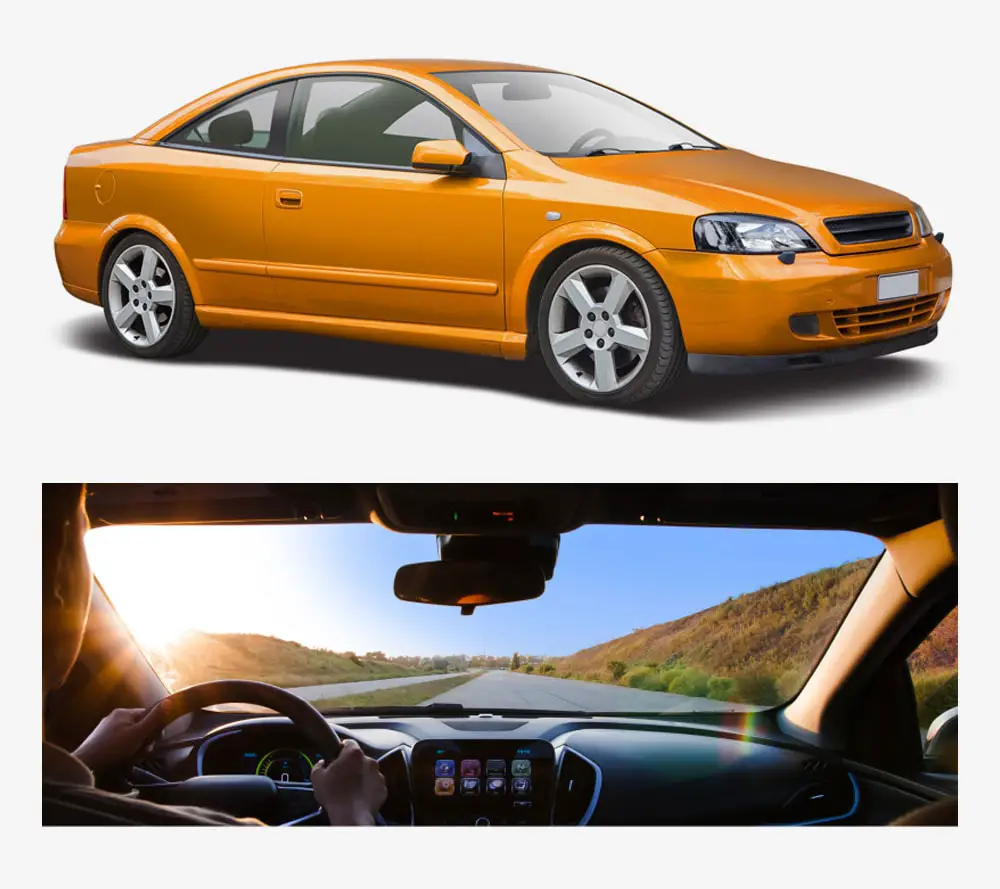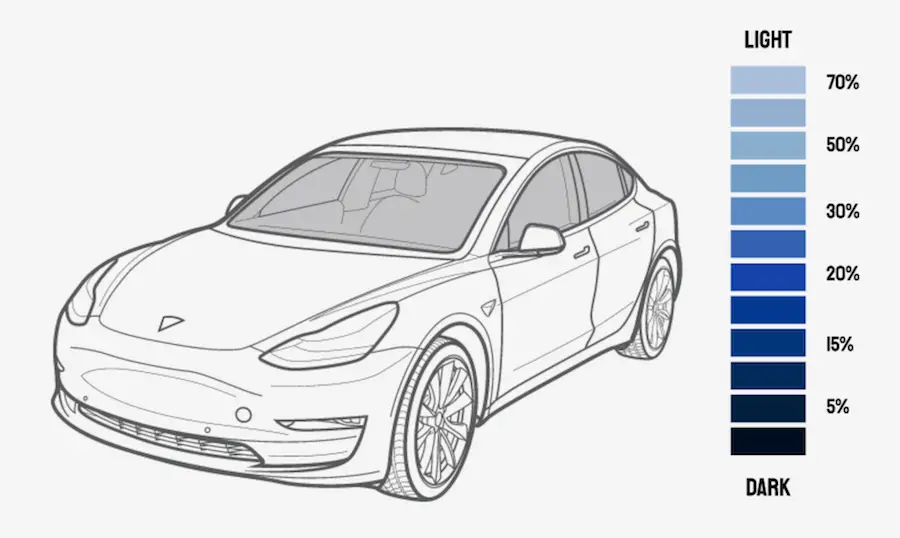Window Tint Laws By State – Updated 2024
Whether it is for medical reasons, to provide comfort from the hot sun or simply cosmetic it is important to make sure that you follow the legal tint laws according to your specific state’s guidelines. At windowtintlaws.us it is our aim to not only provide you with up-to-date 2024 window tint laws by state. If you have a medical condition and you need an online medical exemption for window tint checkout myeyerx.net. They can connect you with a licensed doctor in your state and help you get darker window tint.

Our Window Tint Laws By State Content Vetting Process
Our Tint Laws research team has put in a lot of effort and care into thoroughly researching state-specific laws. We make sure everything we find is accurate and up-to-date. Our process is pretty straightforward: we gather official documents about window tint regulations from each state, compare them with the information in our database, and update anything that’s outdated. To make it easier for you to understand, we also put together clear and concise infographics that lay out these laws. Keeping our information current and correct is really important to us. So, if you ever spot something that doesn’t seem right, please let us know. We promise to quickly fix any issues you point out. View our window tint laws content vetting process here
Window Tint Percentage Chart
Below you will see a brief overview of the different car window tinting laws and regulations by state. If you don’t understand what the Visible Light Transmission (VLT) percentages mean it can basically be summed up like this. The VLT % is telling you the percentage of light that will be allowed to pass through the window film. The lower the percentage the DARKER the tint. The higher the percentage the lighter the tint.
Window tinting enhances driving comfort, offers health protection from UV rays, and increases privacy. However, excessive tinting can reduce visibility. Note that while this site provides state-specific legal tint information, local city or county regulations may vary. For compliance and to avoid issues, always confirm with your local DMV or law enforcement regarding tinting laws specific to your area.
Window Tint Percentage Tester
Simply drag the slider below to select your window tint darkness (VLT) level, displayed as a percentage at the bottom.


Car Window Tinting Laws By State:
Simply click the name of the state that you would like more tint laws information for and you will be taken to a full guide for the rules and regulations specific to that state. If you notice any incorrect data please let us know via our contact page.
Additionally, if you would like to learn more about auto window tinting be sure to take a look at the rest of the articles provided on our website.
| State | Front Side Windows | Back Side Windows | Rear Windows | Windshield |
|---|---|---|---|---|
| Alabama | 32% | 32% | 32% | 6 inches |
| Alaska | 70% | 40% | 30% | 5 inches |
| Arizona | 33% | ANY | ANY | tinting allowed to the top of the manufacturer’s as-1 line |
| Arkansas | 25% | 25% | 10% | 5 inches |
| California | 70% | ANY | ANY | 4 inches |
| Colorado | 27% | 27% | 27% | 4 inches |
| Connecticut | 35% | 35% | ANY | non-reflective tint above the as-1 line top 6 inches |
| Delaware | 70% | ANY | ANY | non-reflective tint above the as-1 line top 6 inches |
| Florida | 28% | 15% | 15% | non-reflective tint above the as-1 line |
| Georgia | 32% | 32% | 32% | 6 inches |
| Hawaii | 35% | 35% | 35% | Non-reflective tint is allowed on the top 4 inches of the windshield |
| Idaho | 35% | 20% | 20% | non-reflective tint above the as-1 line |
| Illinois | 35% | 35% | 35% | 6 inches |
| Indiana | 30% | 30% | 30% | non-reflective tint above the as-1 line |
| Iowa | 70% | ANY | ANY | non-reflective tint above the as-1 line |
| Kansas | 35% | 35% | 35% | non-reflective tint above the as-1 line |
| Kentucky | 35% | 18% | 18% | non-reflective tint above the as-1 line |
| Louisiana | 40% | 25% | 12% | non-reflective tint above the as-1 line top 6 inches |
| Maine | 35% | 35% | 35% | top 4 inches |
| Maryland | 35% | 35% | 35% | top 5 inches |
| Massachusetts | 35% | 35% | 35% | top 6 inches |
| Michigan | 35% | ANY | ANY | top4 inches |
| Minnesota | 50% | 50% | 50% | Top 6 inches |
| Mississippi | 28% | 28% | 28% | non-reflective tint above the as-1 line top 5 inches |
| Missouri | 35% | ANY | ANY | non-reflective tint above the as-1 line top 6 inches |
| Montana | 24% | 14% | 14% | non-reflective tint above the as-1 line top 6 inches |
| Nebraska | 24% | 20% | 20% | top 6 inches or as-1 line, whichever comes first |
| Nevada | 35% | ANY | ANY | non-reflective tint above the as-1 line top 6 inches |
| New Hampshire | 35% | 35% | 35% | Allowed for the manufacturerer’s AS-1 line |
| New Jersey | Illegal | ANY | ANY | Top 6 inches |
| New Mexico | 20% | 20% | 20% | 5 inches or as-1 line, whichever comes first |
| New York | 70% | 70% | 70% | top 6 inches |
| North Carolina | 35% | 35% | 35% | non-reflective tint above the as-1 line top 6 inches |
| North Dakota | 50% | ANY | ANY | Top 6 inches |
| Ohio | 50% | ANY | ANY | Top 5 inches |
| Oklahoma | 25% | ANY | ANY | 5 inches or as-1 line, whichever comes first |
| Oregon | 35% | 35% | 35% | Top 6 inches |
| Pennsylvania | 70% | 70% | 70% | Top 3 inches |
| Rhode Island | 70% | 35% | 35% | non-reflective tint above the as-1 line top 6 inches |
| South Carolina | 27% | 27% | 27% | non-reflective tint above the as-1 line top 6 inches |
| South Dakota | 35% | 20% | 20% | non-reflective tint above the as-1 line top 6 inches |
| Tennessee | 35% | 35% | 35% | non-reflective tint above the as-1 line top 6 inches |
| Texas | 25% | 25% | 25% | 5 inches or as-1 line, whichever comes first |
| Utah | 43% | ANY | ANY | non-reflective tint above the as-1 line top 4 inches |
| Vermont | 70% | ANY | ANY | ILLEGAL |
| Virginia | 50% | 35% | 35% | non-reflective tint above the as-1 line top 6 inches |
| Washington | 24% | 24% | 24% | Top 6 inches |
| West Virginia | 35% | 35% | 35% | Top 5 inches |
| Wisconsin | 50% | 35% | 35% | non-reflective tint above the as-1 line top 6 inches |
| Wyoming | 28% | 28% | 28% | Top 5 inches or as-1 line, whichever comes first |
MOST POPULAR ARTICLES



